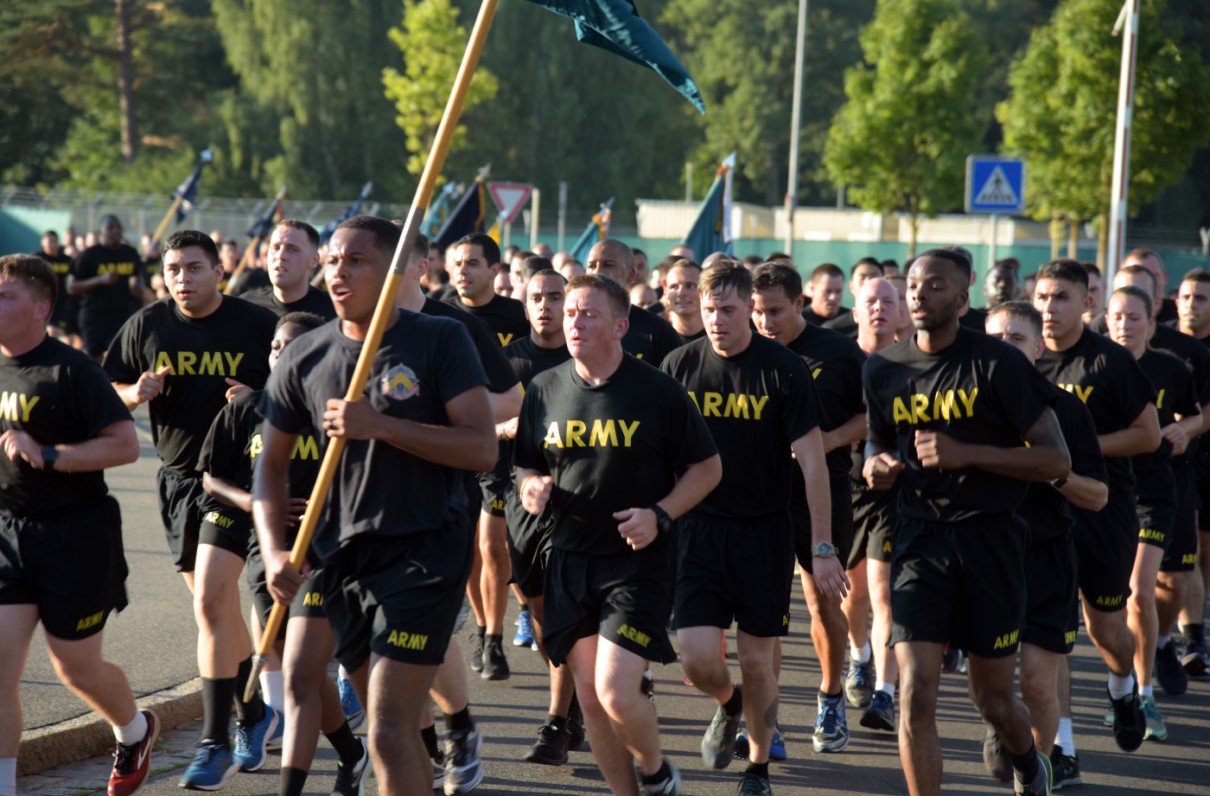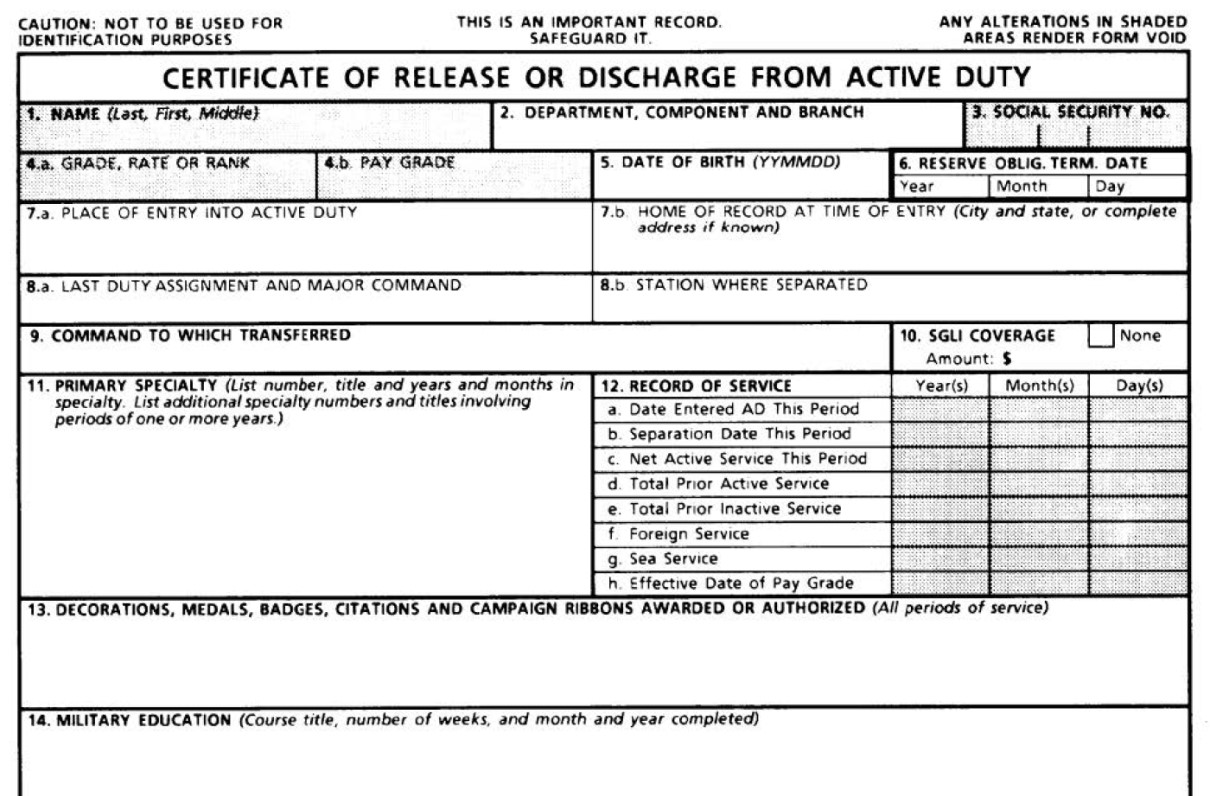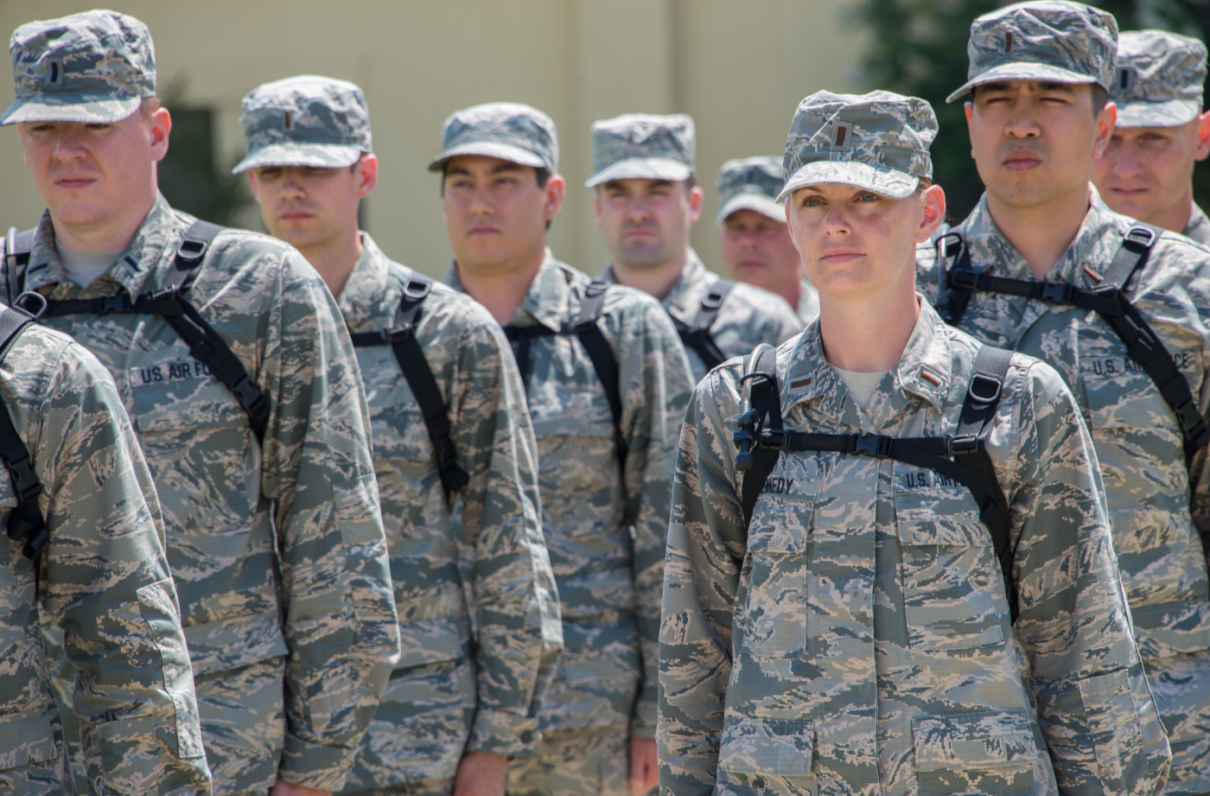This article by Amy Bushatz originally appeared on Military.com, the premier resource for the military and veteran community.
Single soldiers will soon see longer tours at duty stations in Europe and Japan as Army officials look to decrease the costs of moving families worldwide.
Right now, soldiers with no dependents are typically sent to Europe and Japan on 24-month rotations, while those with dependents get 36-month tours with their families or 12-month tours if unaccompanied.
Starting June 14, however, tours for single soldiers will be extended to 36 months, Army officials announced Tuesday in a news release. No changes were announced to tour lengths for soldiers with families.
"This policy applies to all soldiers without dependents, who receive PCS orders to the approved locations in Europe and Japan after June 14, 2019," the announcement states. "The Army estimates that this policy will affect approximately 3,000 to 5,000 soldiers every year."
Officials said the longer overseas tour burden on single soldiers will not only slow the turnover in impacted units, but also lower the cost of relocating those who move with family members.
"The change in the overseas tour length policy will improve readiness by increasing soldier stability for commanders," the release states. "It will also increase permanency for soldiers and their families at assigned locations and ultimately help to reduce PCS-related costs for the Army."
The new Army policy comes as the Pentagon is looking for ways to reduce military move costs by privatizing the system and stem the tide of move-related complaints.
Other articles by Military.com:Some Military Women Miss Out on Maternity Leave. This Bill Would Fix That
Army Hopes to Field Robotic Mules to Carry Gear Next Year
This C-17 Crew Broke Diplomatic Protocol to Save a Life. Now They’re Up for Awards



